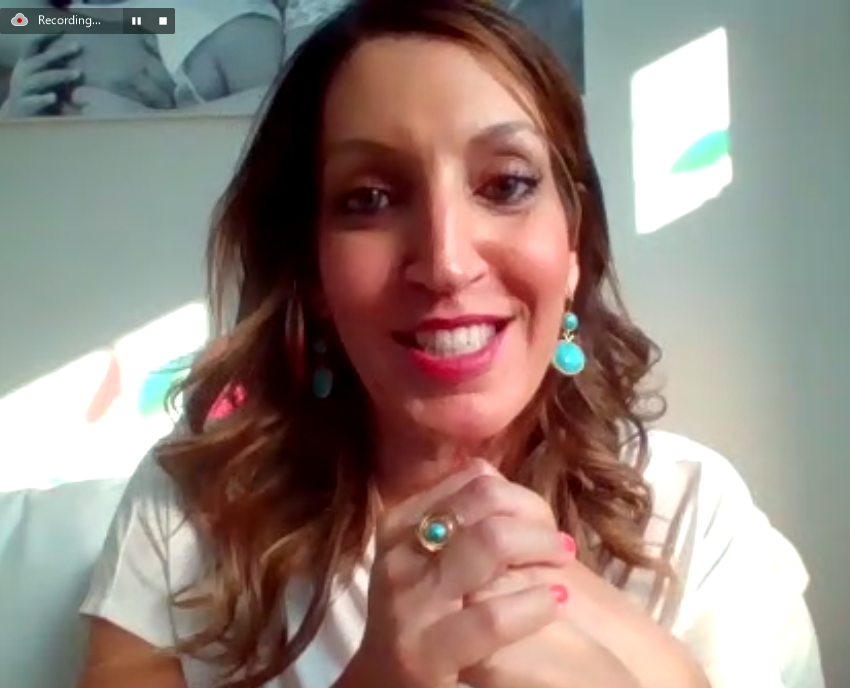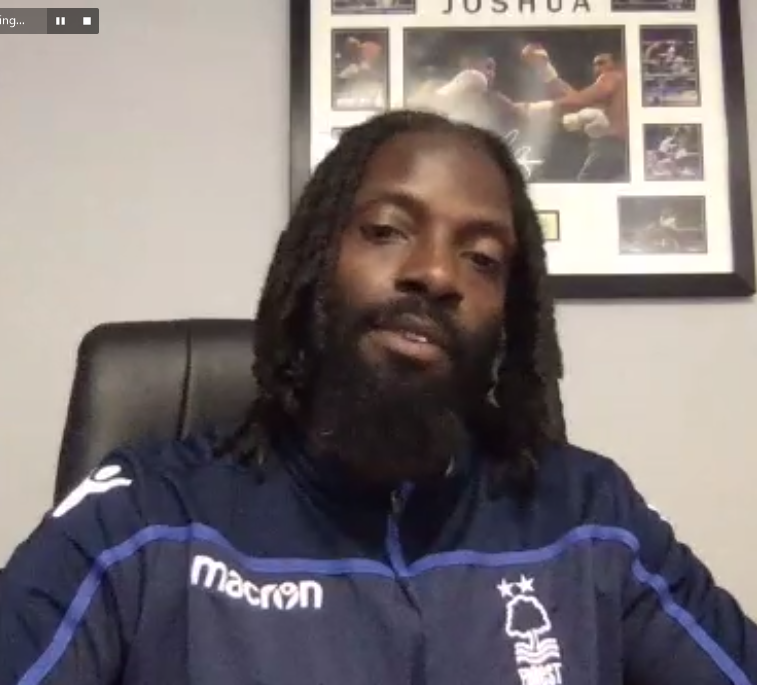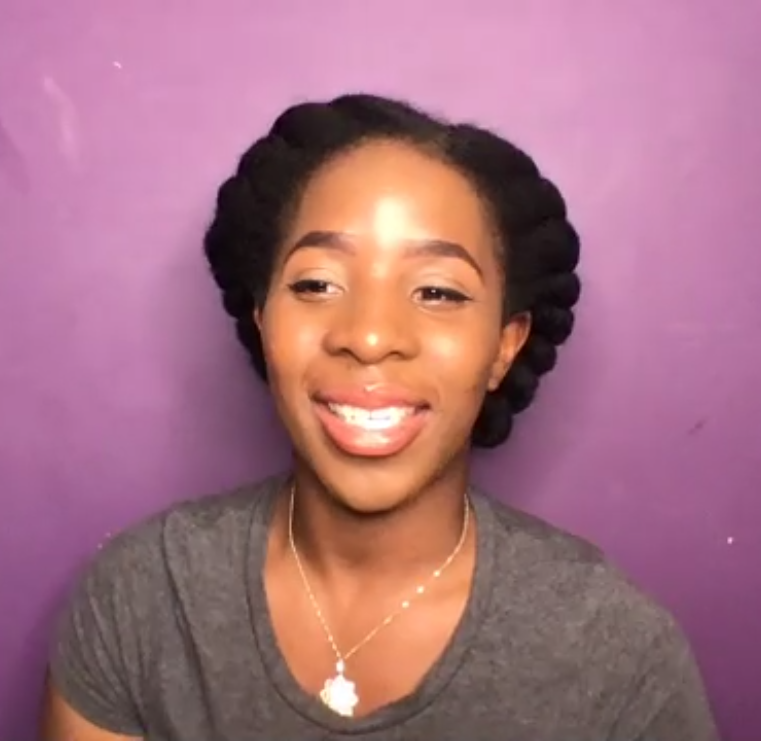By Tracie Mooneyham

Dr Rosena Allin-Khan

Marcus Wilks

Faith-Rose Chattaika
There may be an ongoing global pandemic, but there is another silent and pervasive crisis occurring at the same time: depression. From 2009 to 2017, major depression among 20 to 21-year-olds more than doubled, rising from 7% to 15%. With the additional layer of anxiety brought on by COVID-19, coupled with the BLM movement, youth are deeply impacted by a lack of stability when it comes to their mental health. Isolation, anxiety, fear and division are symptoms of these uncertain times.
No matter the cause, the rise in mental health issues among teens and young adults requires attention, not a dismissal. The recent RISE UP: Youth Empowerment and Mental Health Awareness event, a two-hour open platform for dialogue sought to address this unspoken issue. The event, organised by the Nottingham team of the Sustainable Communities Programme, attracted over 80 participants for an evening of inspiration and engagement with other young people as well as experts.
The evening was warmly introduced by Adeel Younas, a core member of the team, who was inspired by to work on issues of mental health and youth empowerment. There was a collection of different perspectives and encouraging voices to support the call for attention to mental health. Caroline, who lives in Derby and has studied public health and young people, shared an original spoken word contribution and stressed that ‘your mental health is best addressed by a mental health specialist. So, remember, physical solutions don’t resolve psychological troubles…It’s okay to ask for help.’
Dr. Rosena Allin-Khan, the event keynote speaker, A&E Doctor and Shadow Minister for Mental Health, shared her unique insight into how the pandemic has disproportionately affected minority communities and those with adverse childhood experiences. Citing her learning journey as a former Caux Scholar, she touched upon the personal responsibility she feels recognizing her own bias and continuing to listen to those who have been affected most during COVID-19. ‘We have to come together regardless of our background, regardless of our ethnicity, because this is everybody’s problem and that’s why it’s really good and really important to talk about it.’
Rosena also shared her personal story of resilience. After failing her A-Levels, the setback didn’t dictate her life. After feeling lost, she cites a conversation she had with someone at Initiatives of Change Switzerland’s Caux Palace, where she was advised that ‘God has a plan’. Rosena re-took her exams and was accepted to study medicine at Lucy Cavendish College, University of Cambridge. Despite all odds her dream of becoming a doctor became a reality.
RISE UP also featured diverse and thought-provoking personal stories of overcoming struggles with mental health, along with inspiring spoken word poetry written by young people. Our youngest speaker, 18 year old ‘H’ spoke profoundly of the daily struggles that young people go through from cultural barriers to peer pressure and the impact that this has on their mental health, despite being a bright university student. As someone inspired by grime music and deeply influenced by his peers, ‘H’ also shared the importance of having the right role models around and the need to rise above all odds through faith and family.
Marcus Wilks, an entrepreneur who coaches vulnerable young people to achieve their goals, shared his challenges with anger as a youth and credits his faith journey, as well as a deep commitment to helping others, in giving him the courage to participate in the conversation. Rose Faith Chattaika, who works with young people, spoke on the importance of focusing on the bigger picture and finding creative ways to change the narrative we have for ourselves. She also spoke about the need to strengthen community relations in these challenging times.
With more young people suffering – even attempting suicide – the mental health crisis among youth can no longer be ignored. This event provided a support community; an open and inclusive space, which is an important first step in improving mental health. It takes great energy to change attitudes and ones own mental state, especially in such high-stress times like the present. RISE UP generated a wealth of necessary positive energy for the participants and encouraged everyone to keep talking, and keep sharing, ways to combat this serious issue. All participants were provided with a comprehensive list of organisations, helplines and an opportunity for mentoring support. A follow up is planned to be held in October in commemoration of World Mental Health Day 2020.